| We are delighted to announce that we have been awarded the Level 2 certification in Bowtie risk assessment practice by CGE Risk, the leading provider of barrier-based risk management solutions. We have been using the bowtie methodology for several years with railway, metro, tram, fire & rescue and social care clients as well as with voluntary organisations, so this award marks an important stage in how we help clients apply the technique. Although the basic concept of a bowtie is not very complicated to understand and interpret, building a proper bowtie model that can be used effectively to manage risks takes good practice and experience. The Level 2 award shows that CGE Risk has verified that we have been trained in risk and incident analysis methods as well as the application of these in their software solutions. We are a Value Added Partner for CGE Risk - this allows us to provide a complete solution for the bowtie risk assessment methodology; helping you to understand and apply the methodology and also provide and implement CGE’s specialist software for producing excellent bowties. If you are looking for consultancy (applying the bow tie technique to your business risks), training in the methodology and/or the software or advice on how to scope or purchase software then please contact us. |
|
0 Comments
2019 marks the 50th Anniversary of The Open University. Since its birth, the OU has supported over two million students, and continues to spark imaginations, leading the way in teaching and learning innovation. To celebrate this landmark year, the OU will be shining a light on its world class academics, who are at the forefront of ground-breaking research. The OU was revolutionary 50 years ago, and is still very much a world leader in distance learning and pioneering research today. Our Managing Partner is an OU Alumnus and continues to support learners whenever possible. To keep up to date with the latest anniversary news, please visit 50.open.ac.uk. If you believe that where you start in life shouldn't limit where you go, you can help by donating to provide a scholarship.
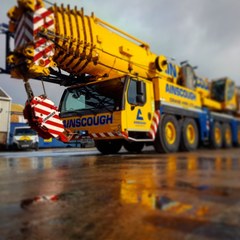 Our customised accident investigator training received some great feedback this week. One delegate from Ainscough Crane Hire Ltd said "This was a fantastic course - really very helpful indeed". The two-day course is well-paced, encouraging all delegates to be actively involved through group exercises and realistic case studies that apply to their working environment. Our Investigator Handbook and materials for event and causal factor analysis are particularly well-received. All our accident investigation training is tailored to suit your sector; we will work with you to create relevant case studies and where possible we will use your accident reporting documentation (accident reports and investigation report templates or forms) during the training. We have now delivered this training for rail, tram, bus, social care, engineering, retail and construction organisations. See our accident investigation training pages for more information, or contact us to discuss how we might work with you. |
Archives
November 2020
Categories
All
|
||||||||||||||||||||||||||||||||||||||||||||


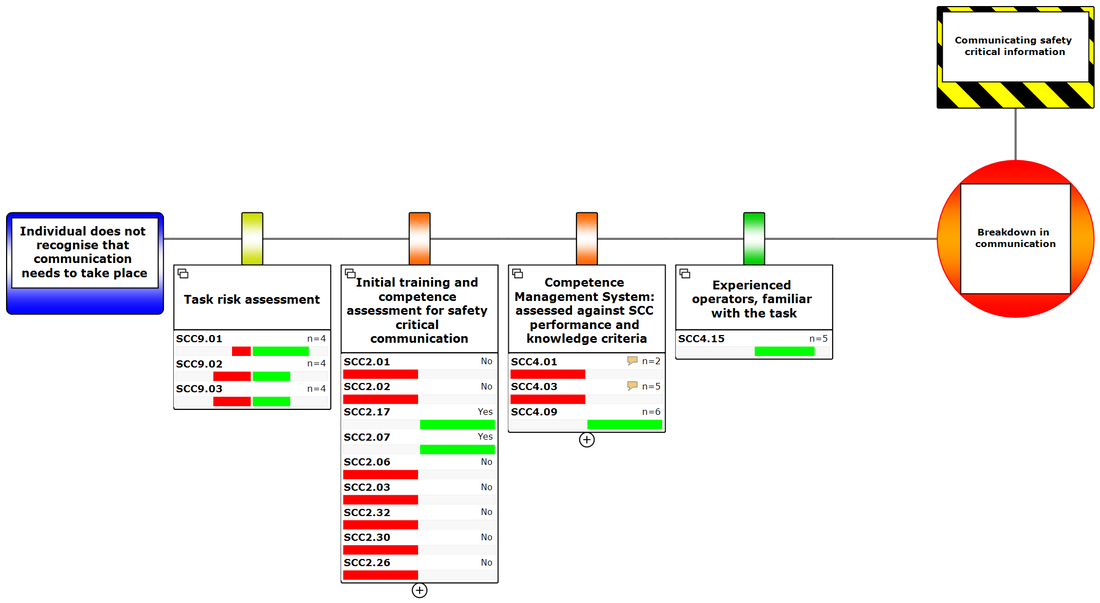
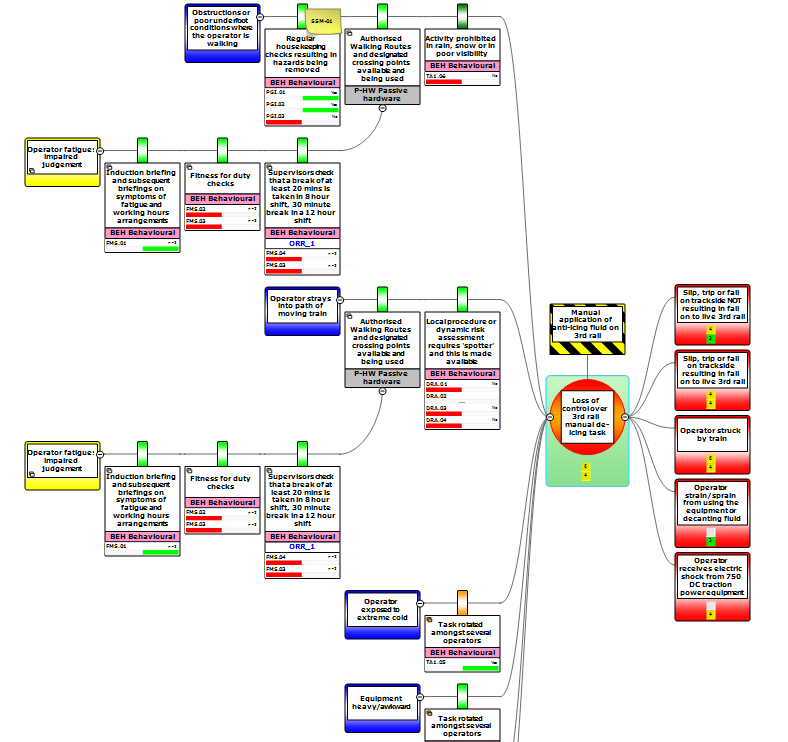

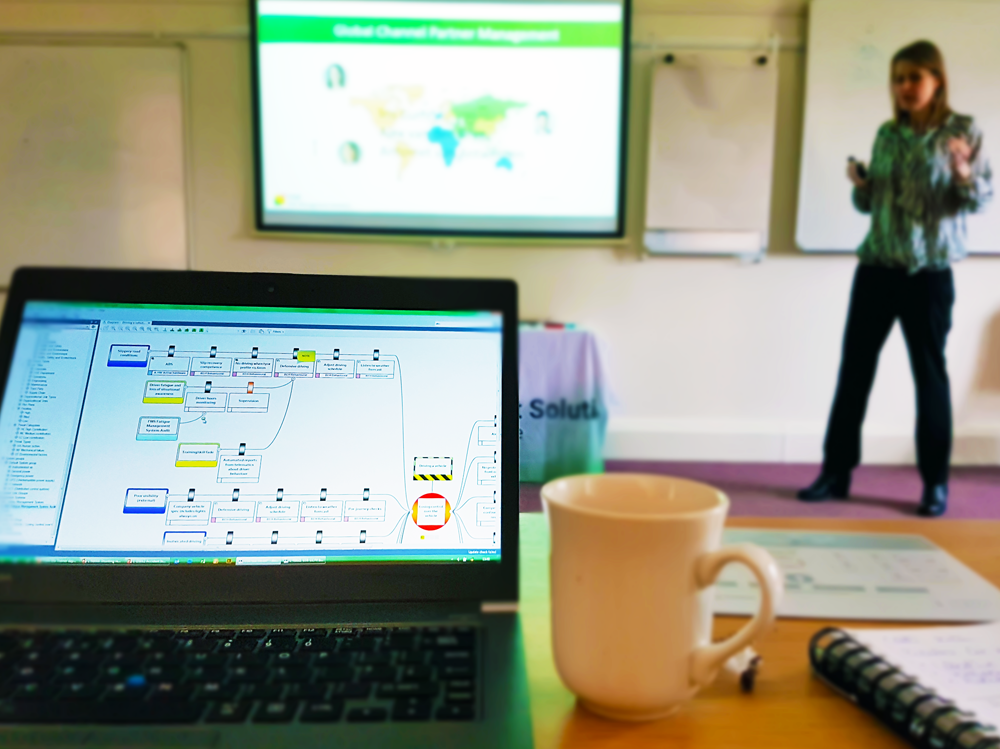



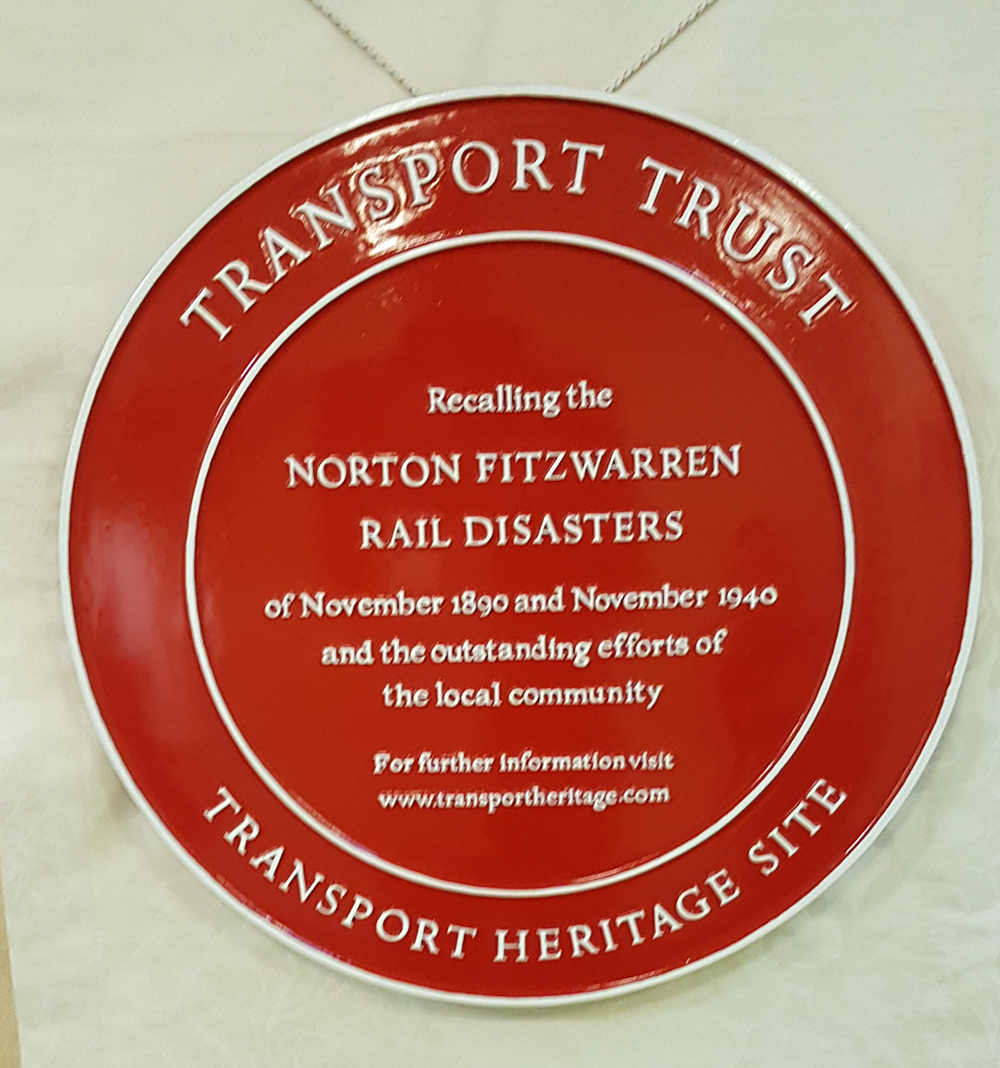
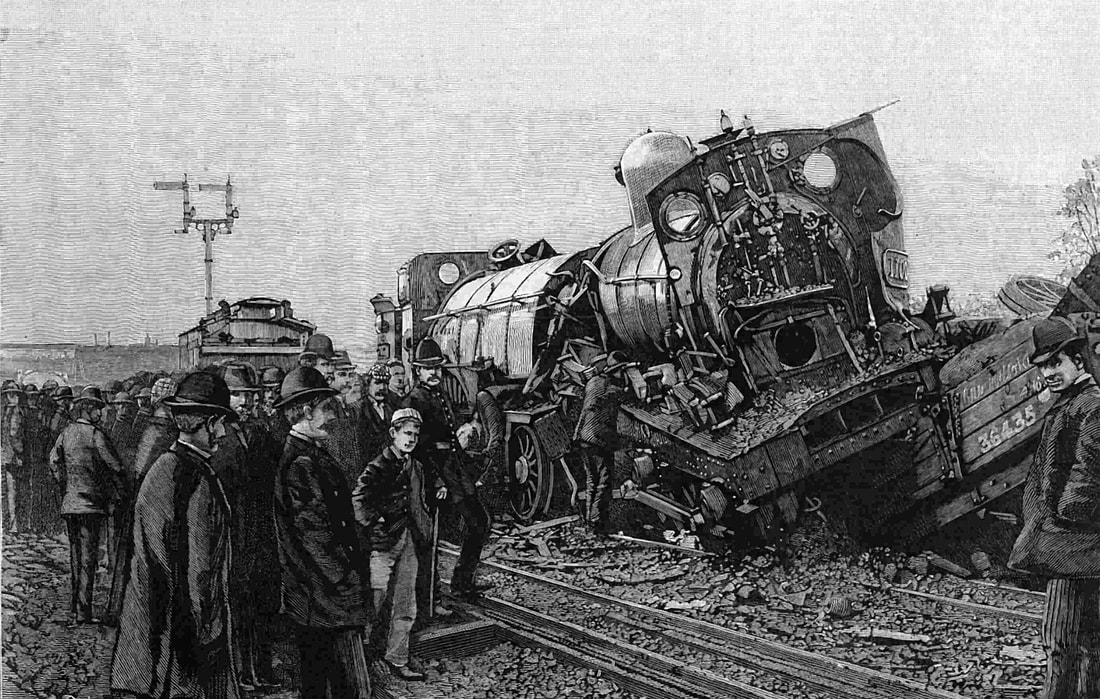
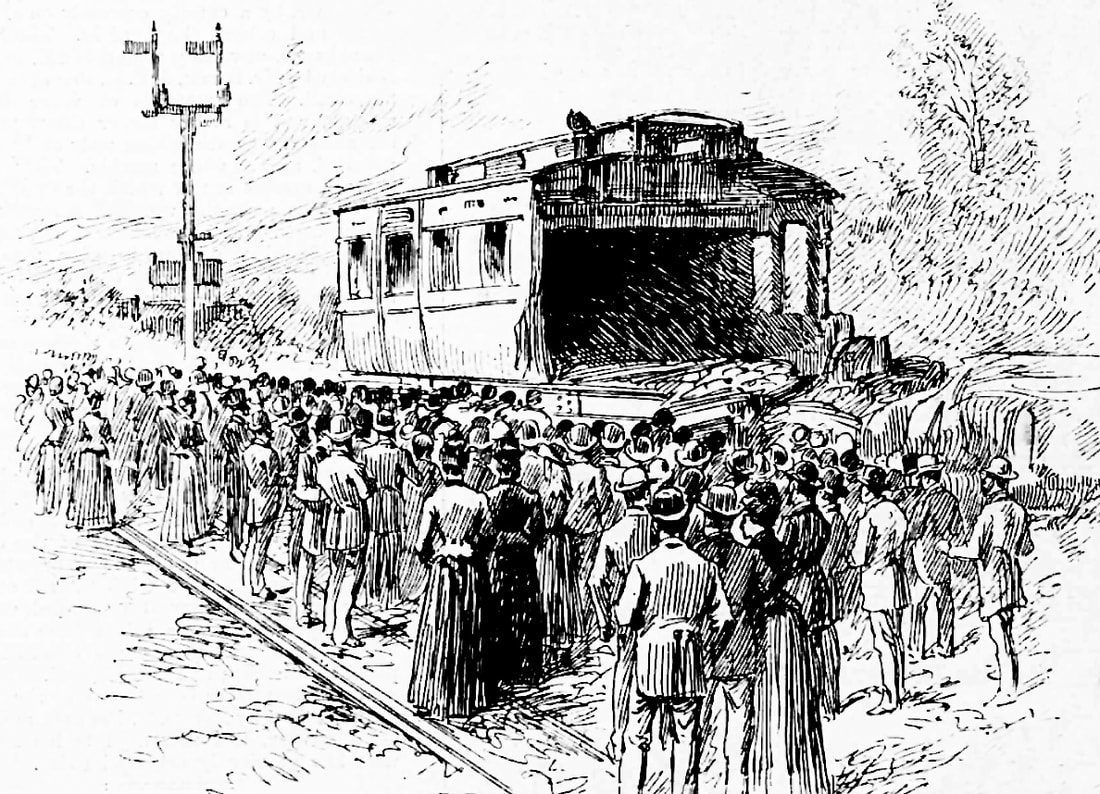
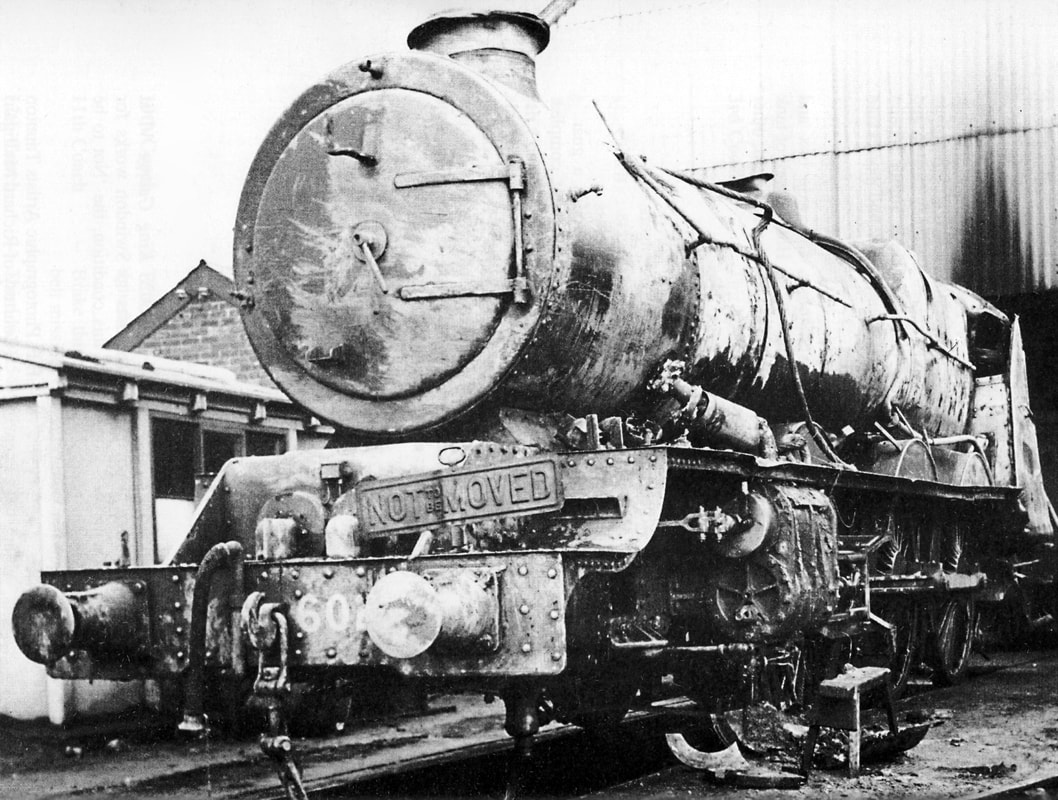
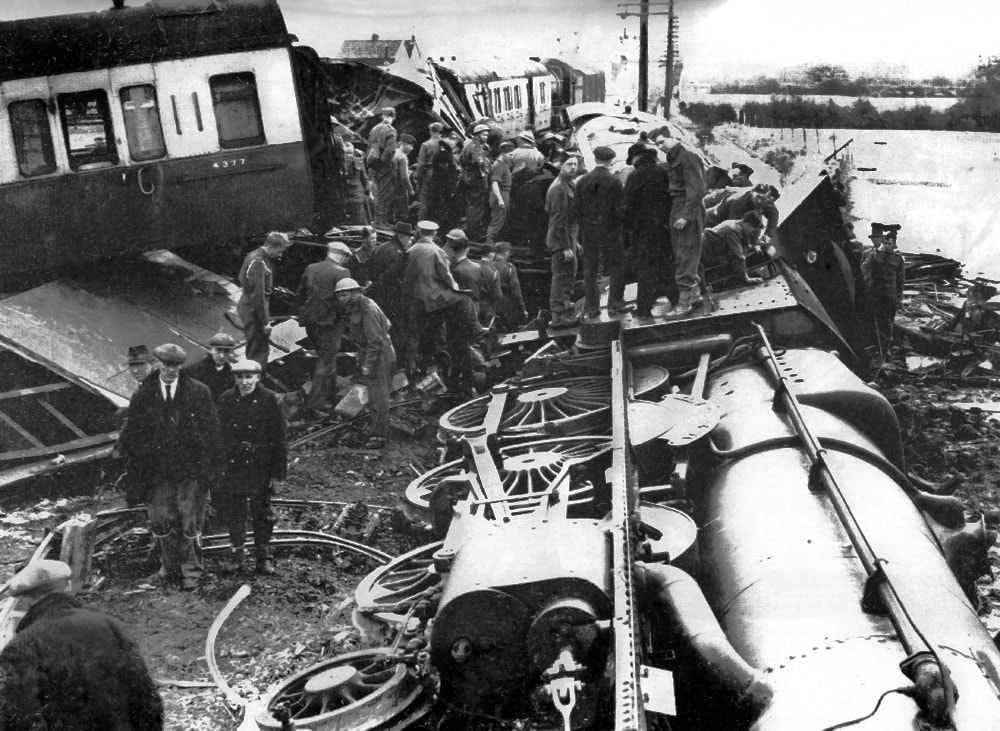
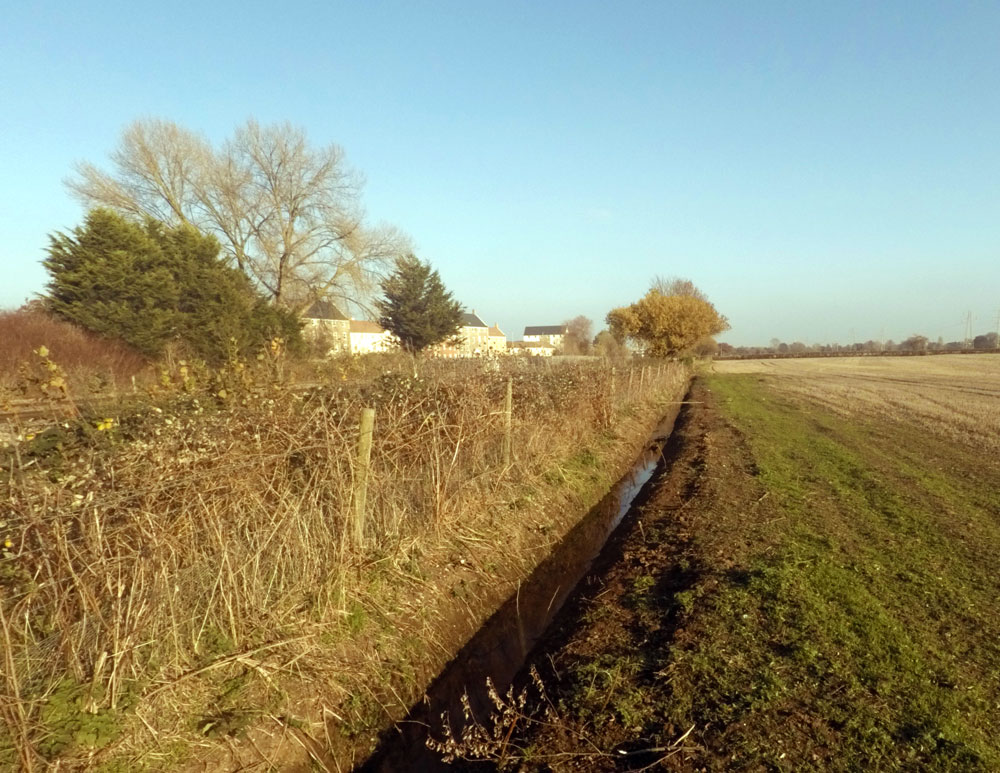
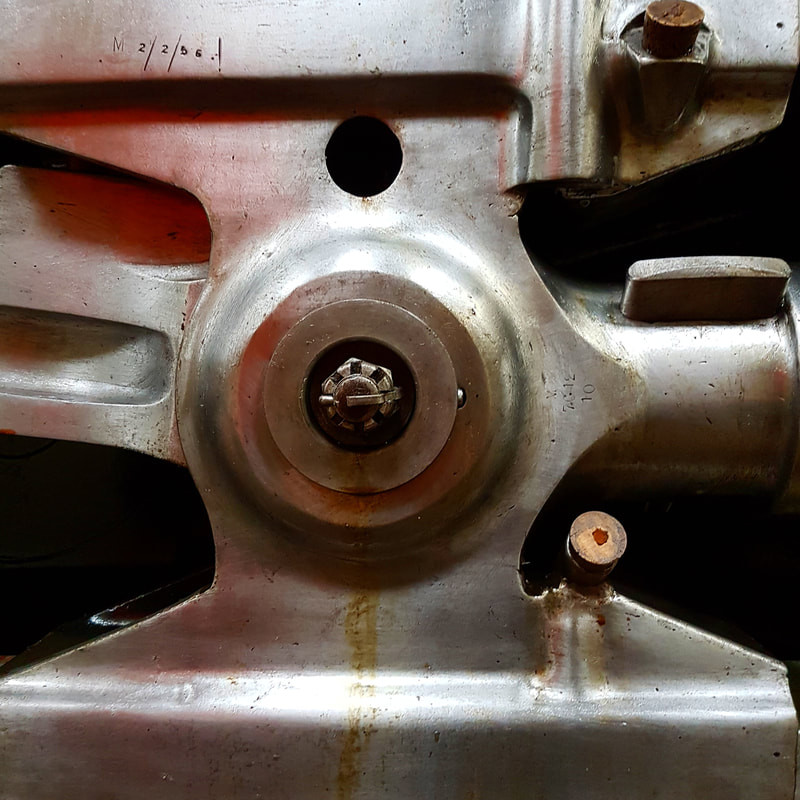


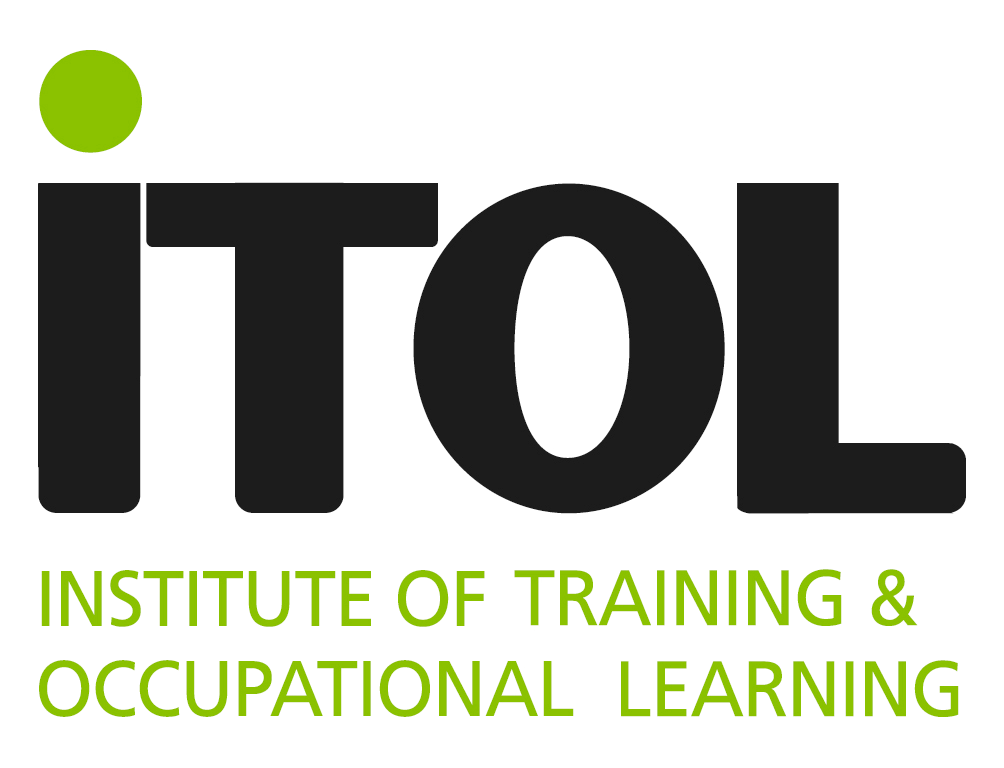
 RSS Feed
RSS Feed